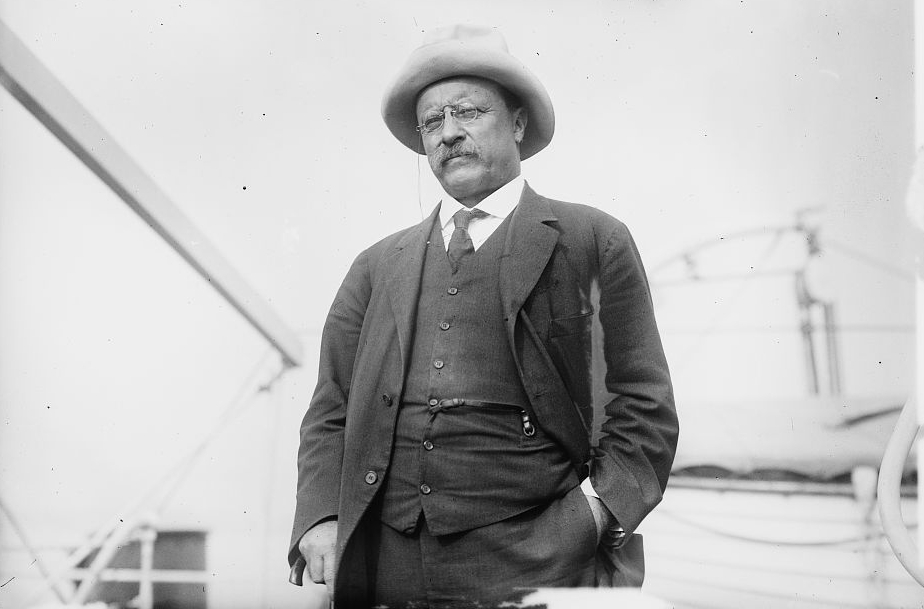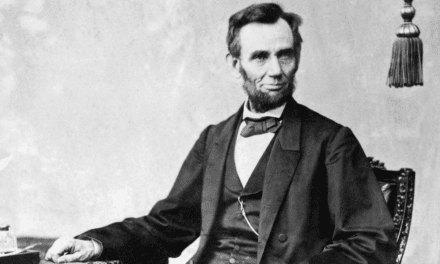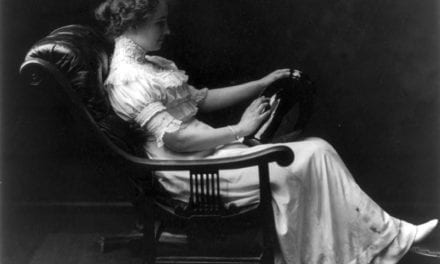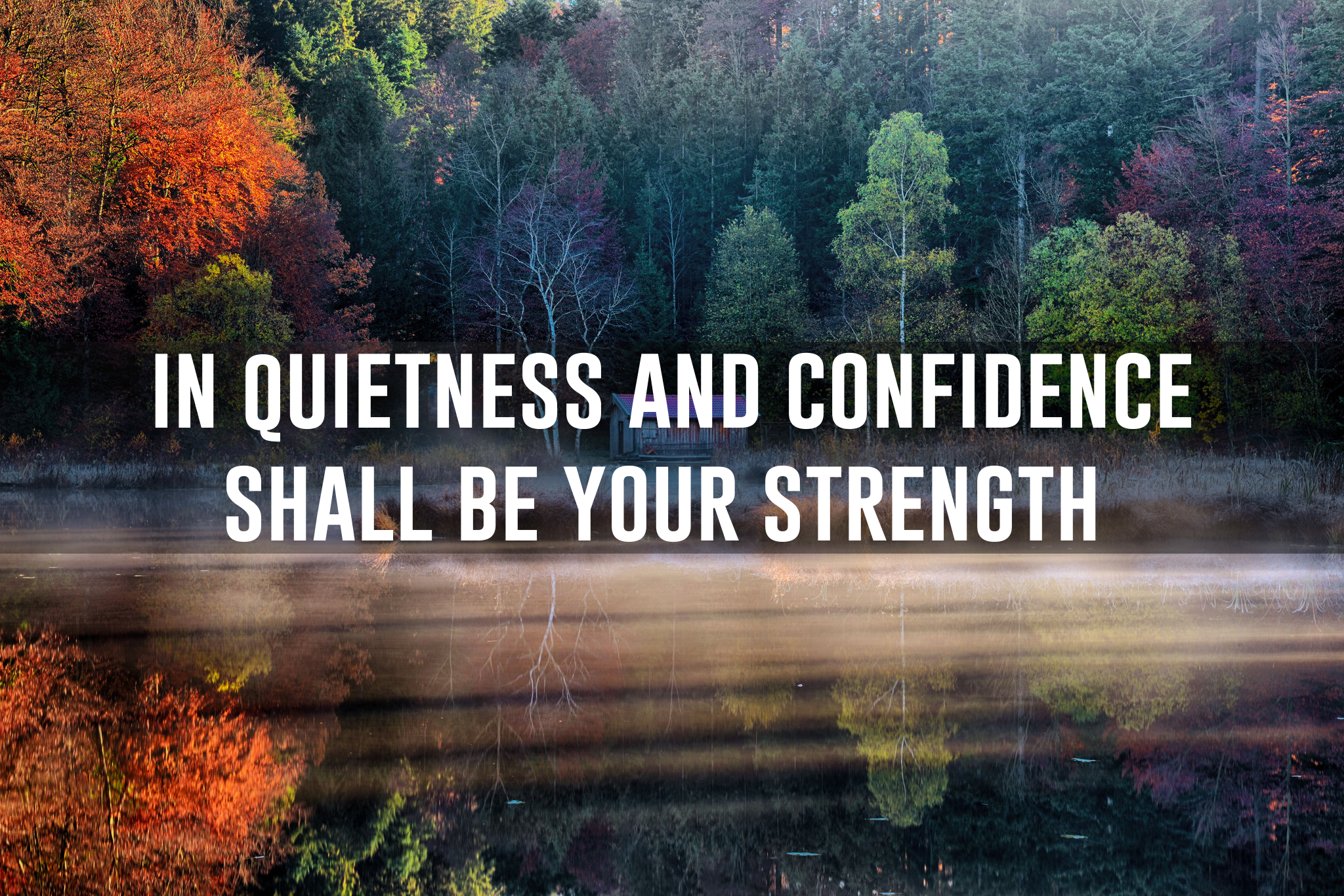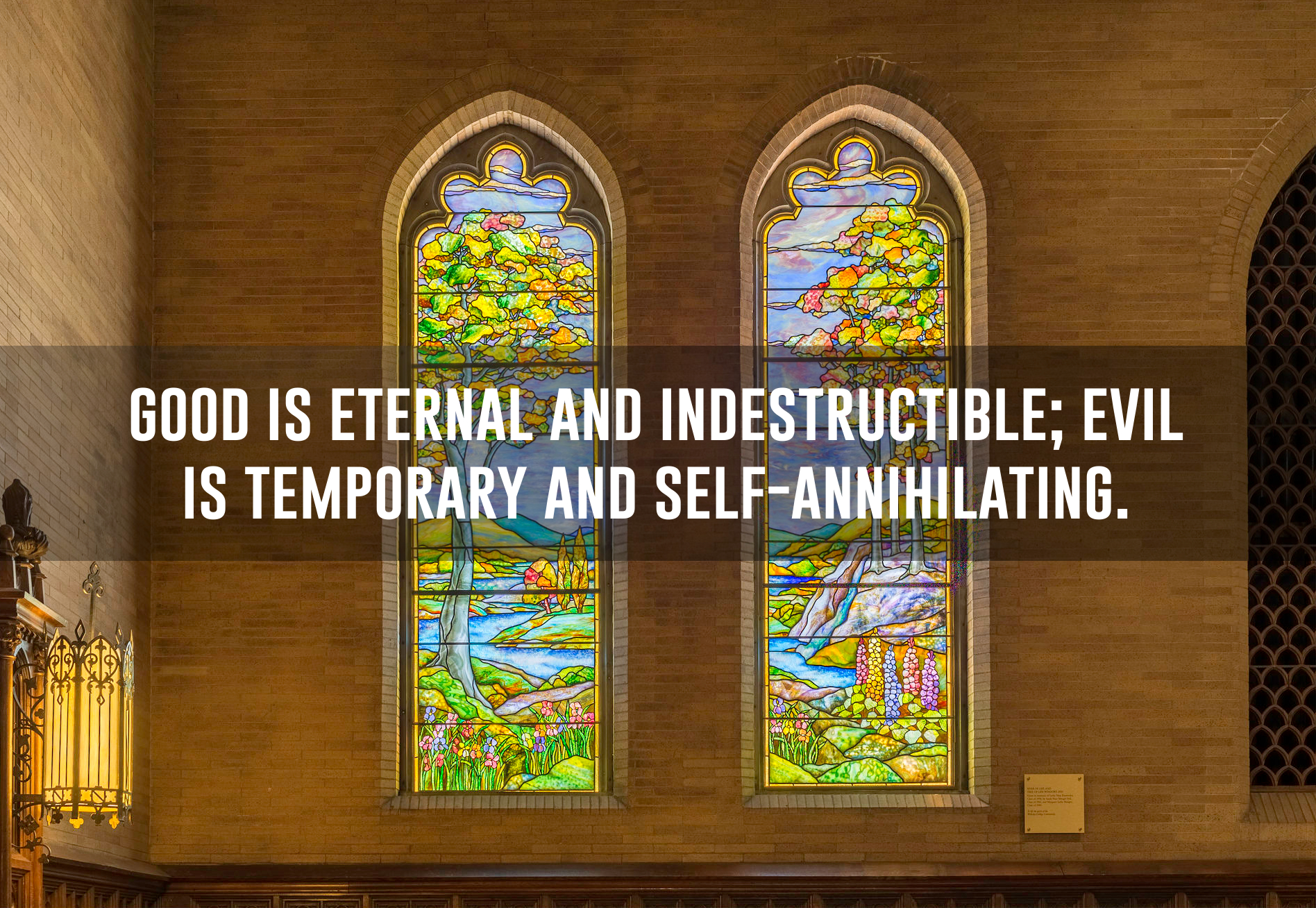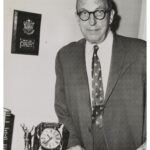Theodore Roosevelt graduated Harvard in 1880, and wrote the following essay for The Harvard Advocate‘s December 8, 1915 edition. It is now in the public domain. The work has been reformatted to make it easier to read.
HARVARD AND PREPAREDNESS
BY THEODORE ROOSEVELT, ’88
Harvard ought to take the lead in every real movement for making our country stand as it should stand. Unfortunately prominent Harvard men sometimes take the lead the wrong way. This applies pre-eminently to all Harvard men who have had anything to do with the absurd and mischievous professional-pacifist or peace-at-any-price movements which have so thoroughly discredited this country during the past five years.
These men are seeking to chinafy the country; and, so far as they have any influence, they are tending to chinafy Harvard too. The pacifist of this type stands on an exact level with the poltroon. His appropriate place is with the college sissy who disapproves of football or boxing because it is rough.
In all our history there have been few movements more detrimental to our people and no movement more essentially ignoble than the professional pacifist or peace-at-any-price movement which has reached its zenith during the past five years. This movement became part of our official governmental policy when five years ago the effort was made to adopt the all-inclusive arbitration treaties under which we covenanted to arbitrate questions of national honor and vital interest (specifically, this means questions such as the murder of American men, women and children on the high seas and the rape of American women, for instance.)
A couple of years ago we actually adopted certain ludicrous arbitration or commission-for-a-year’s investigation treaties which, when the proposal was made to reduce them to practice, were instantly repudiated by the very administration that had made them.
Much harm has been done to America by crooked politicians and by crooked business men; but they have never done as much harm as these professional pacifists have sought to do and have partially succeeded in doing. They have weakened the moral fibre of our people. They have preached base and ignoble doctrines to this nation. For five years they have succeeded in tainting our foreign policy with mean hypocrisy.
I abhor wanton or unjust war. I believe with all my heart in peace, if peace can be obtained on terms compatible with self-respect. Even a necessary war I regard as a lamentable necessity. But it may be a necessity. It may be a necessity in order to save our bodies. It may be a necessity in order to save our souls.
A high-minded man or woman does not regard death as the most dreadful of all things, because there are some things worse than death. A high-minded nation does not regard war as the most dreadful of all things, because there are some things worse than war.
Recently there have actually been political buttons circulated in this country with “safety first” as the motto upon them in the fancied interest of one of the party candidates for the Presidency next year. This is the motto which in practice is acted upon by the men on a sinking ship who jump into the lifeboats ahead of the women and children. Even these men, however, do not, when they get ashore, wear buttons to commemorate their feat.
This country needs to prepare itself materially against war. Even more it needs to prepare itself spiritually and morally, so that, if war must be accepted as the alternative to dishonor or unrighteousness, it shall be accepted with stern readiness to do any duty and incur any hazard that the times demand.
It would be well if Harvard would establish as part of its curriculum an efficient system of thorough military training – not merely military drill, which is only a part of military training, and indeed a small part. I believe heartily in athletics; but from the physical and moral standpoint such a system of military training would be better for all the men in Harvard and would reach far more men than are now reached by athletics.
In addition, however, to such military training, and even if at present it proves impossible to get such military training, let Harvard men, graduates and undergraduates alike, start at once to practice and to preach that efficient morality which stands at the opposite pole from the milk-and-water doctrines of the professional pacifists. Remember that sentimentality is as directly the reverse of sentiment as bathos is of pathos.
It is right and eminently necessary to be practical; it is right and eminently necessary to take care of our own fortunes, of our own bodies. Each man must do it individually; and the nation must do it in its corporate capacity; acting for all of us. But in addition, both men and nation must have the power of fealty to a lofty ideal.
No man is worth his salt who is not ready at all times to risk his body, to risk his well being, to risk his life, in a great cause. No nation has a right to a place in the world unless it has so trained its sons and daughters that they follow righteousness as the great goal. They must scorn to do injustice, and scorn to submit to injustice.
They must endeavor steadily to make peace the handmaiden of righteousness, to secure both peace and righteousness. But they must stand ready, if the alternative is between peace and righteousness, unhesitatingly to face suffering and death in war rather than to submit to iniquity or dishonor.

